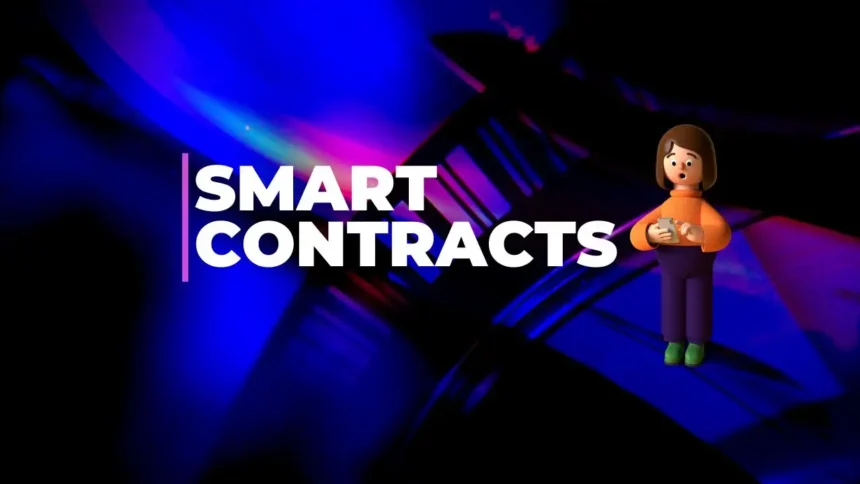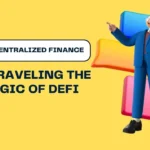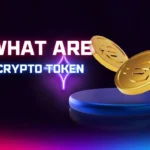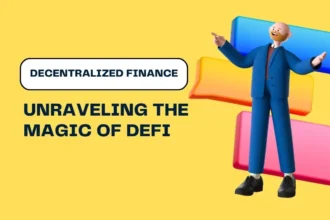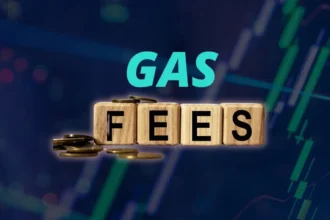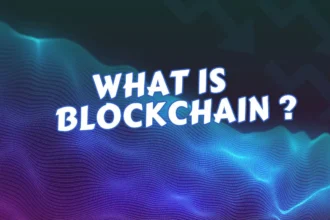Smart Contracts in crypto are revolutionizing traditional contract processes by streamlining transactions, reducing costs, and increasing security.

What Are Smart Contracts?
Smart contracts, in essence, are self-executing contracts with the terms of the agreement directly written into lines of code. They automatically enforce and execute the obligations of all parties involved, without the need for intermediaries. Unlike traditional contracts, which require manual oversight and enforcement, smart contracts operate on the principle of “if-then” conditions, ensuring actions are performed as stipulated.
How Smart Contracts Work
At the heart of every smart contract lies a simple yet profound mechanism: predefined conditions encoded within the blockchain. When these conditions are met, the contract self-executes. Key components include the contract address, which identifies the contract on the blockchain, and the functions, which define the contract’s behavior.
For instance, imagine a vending machine. You insert money, select a product, and the machine delivers it. A smart contract works similarly, where code replaces the vending machine’s mechanics, ensuring that once the required conditions (payment) are met, the contract (delivery of goods) is fulfilled.
Advantages of Smart Contracts
Automation and Efficiency
Smart contracts automate processes, eliminating the need for manual intervention. This leads to increased efficiency, as transactions are executed swiftly without delays.
Trust and Transparency
The decentralized nature of blockchain ensures that smart contracts are transparent and immutable. Once a contract is deployed, it cannot be altered, fostering trust among parties.
Cost Savings and Speed
By removing intermediaries, smart contracts reduce costs associated with traditional contract enforcement. Additionally, transactions are processed faster, streamlining operations across various sectors.
Smart Contracts in Different Industries
Finance: Revolutionizing Payments and Settlements
In the financial sector, smart contracts facilitate instant payments and settlements, reducing the risk of fraud and enhancing security.
Real Estate: Simplifying Property Transactions
Smart contracts streamline real estate transactions by automating the transfer of property ownership, reducing paperwork, and ensuring compliance with legal requirements.
Supply Chain: Enhancing Transparency and Traceability
In supply chain management, smart contracts provide real-time visibility and traceability, ensuring that goods are tracked from origin to destination with unparalleled accuracy.
Challenges and Limitations of Smart Contracts
Technical Complexities
Developing and deploying smart contracts require a high level of technical expertise, making it challenging for non-technical users to adopt the technology.
Legal and Regulatory Hurdles
The legal status of smart contracts varies across jurisdictions, posing challenges in terms of enforceability and compliance with existing laws.
Security Concerns
Despite their robustness, smart contracts are not immune to vulnerabilities. Bugs in the code can lead to significant financial losses, underscoring the need for thorough testing and auditing.
The Role of Blockchain in Smart Contracts
Blockchain technology underpins the functionality of smart contracts by providing a decentralized and secure environment. The immutability of the blockchain ensures that once a smart contract is deployed, its terms cannot be altered, providing a trustworthy platform for digital agreements.
Popular Platforms for Smart Contracts
Ethereum: The Pioneer
Ethereum is the most well-known platform for smart contracts, offering a flexible and widely adopted environment for decentralized applications (DApps).
Binance Smart Chain: The Cost-Effective Contender
Binance Smart Chain (BSC) provides an affordable alternative with lower transaction fees, making it accessible for a broader range of users.
Polkadot and Solana: High-Speed Alternatives
Polkadot and Solana offer high-speed transaction capabilities and interoperability, catering to applications requiring fast and scalable solutions.
Smart Contracts and Decentralized Finance (DeFi)
In the DeFi ecosystem, smart contracts play a pivotal role by enabling decentralized lending, borrowing, and trading. Platforms like Uniswap and Aave leverage smart contracts to create transparent and efficient financial services without intermediaries.
Smart Contracts and NFTs
Non-fungible tokens (NFTs) are powered by smart contracts, enabling the creation, transfer, and ownership of unique digital assets. This technology underpins the burgeoning market for digital art, collectibles, and more.
Smart Contracts in Governance and DAOs
Decentralized autonomous organizations (DAOs) utilize smart contracts to automate governance processes, allowing for decentralized decision-making and management.
Environmental Impact of Smart Contracts
The energy consumption of blockchain networks, particularly those using proof-of-work (PoW) consensus mechanisms, raises environmental concerns. However, the shift towards proof-of-stake (PoS) and other sustainable solutions aims to mitigate these impacts.
The Future of Smart Contracts
The future of smart contracts is bright, with continued advancements in technology and widespread adoption across various sectors. As scalability solutions improve and legal frameworks evolve, smart contracts will become an integral part of our digital lives.
Case Studies
Real-World Examples of Smart Contract Implementation
- Finance: Compound and MakerDAO in DeFi
- Real Estate: Propy’s automated property transactions
- Supply Chain: IBM’s Food Trust for traceability
Lessons Learned and Success Stories
These case studies highlight the transformative potential of smart contracts, showcasing their ability to revolutionize traditional processes and create new opportunities.
Expert Opinions
Industry experts emphasize the importance of smart contracts in driving innovation and efficiency. Developers, investors, and business leaders alike recognize their potential to reshape various industries.
Common Misconceptions About Smart Contracts
Myth: Smart contracts are infallible.
Reality: While robust, smart contracts can have vulnerabilities and require careful coding and auditing.
Myth: Smart contracts are legally binding everywhere.
Reality: The legal status of smart contracts varies, and their enforceability depends on jurisdictional laws.
Myth: Smart contracts are too complex for everyday use.
Reality: As technology evolves, user-friendly interfaces and platforms are making smart contracts more accessible.
Conclusion
Smart contracts are the invisible hand guiding the blockchain revolution. They bring automation, trust, and efficiency to various industries, promising a future where transactions are seamless and transparent. As technology advances and adoption grows, smart contracts will undoubtedly play a pivotal role in shaping our digital landscape.
FAQ
What exactly are smart contracts in crypto?
Smart contracts are self-executing contracts with terms directly written into code, automating transactions without intermediaries.
How secure are smart contracts?
While generally secure, smart contracts can have vulnerabilities. Thorough testing and auditing are essential to ensure their reliability.
Can smart contracts be legally enforced?
The enforceability of smart contracts varies

